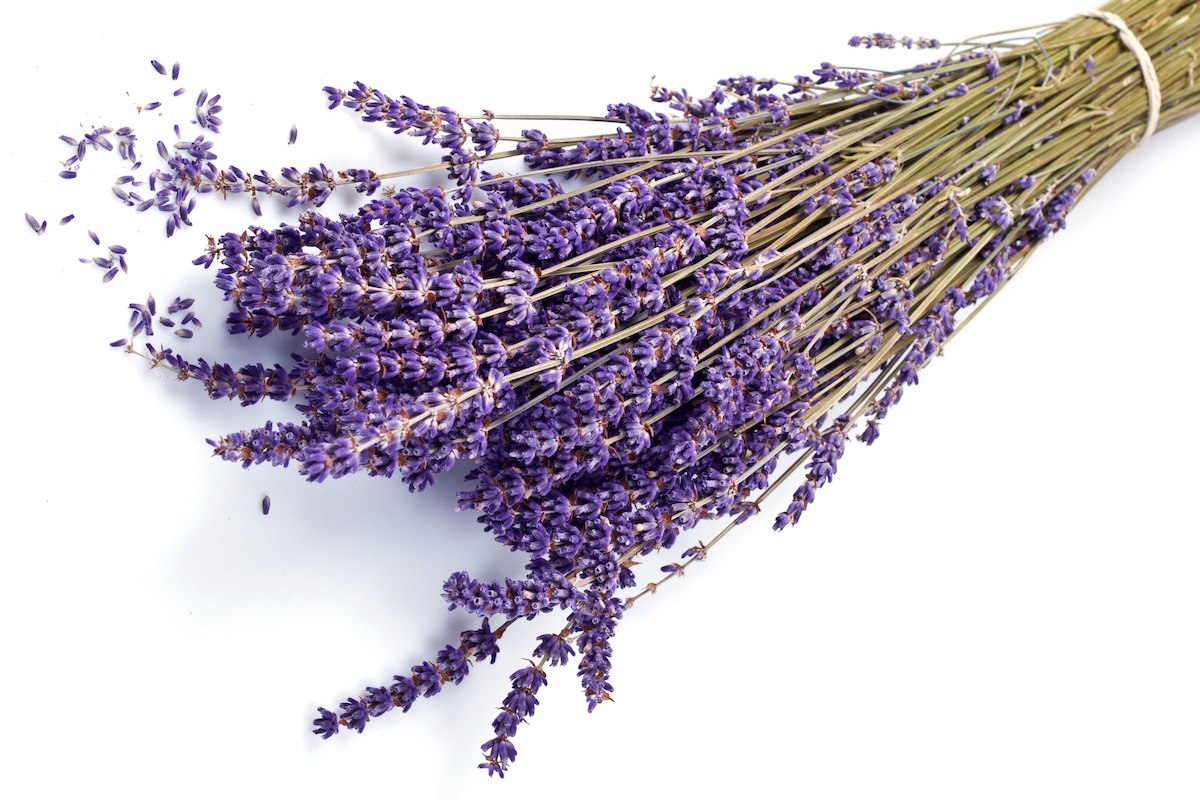
Vitamin Sea: Scents at Sea
If you’re among the millions who use essential oils on a daily basis and you enjoy taking sanity-saving cruise vacations, odds are you’ve often found yourself in a challenging quandary: Which of my oils should I take with me on the ship, and which ones can I leave at home?
Not an easy question.
Health advocate and holistic coach Maureen Lake believes some essential oils are vital to life. “The key to wellness is learning what serves your body best, which is why you can’t live without these oils,” she writes.
Although few responsible physicians would say these oils are literally necessary to survival, even the most conservative doctors acknowledge the importance of relieving stress — which many of these essences are proven to do.
RELATED: MSC Cruises Introduces Vinotherapy Spa Treatments
What are Essential Oils?
For those unfamiliar with essential oils, here’s a quick primer.
Helen West, nutritionist and dietitian of Scotland’s Robert Gordon University, defines them this way. “They’re concentrated plant extracts that retain the natural smell and flavor, or ‘essence’ of their source.”
Devotees, and many reputable scientists, credit these oils with doing everything from strengthening the immune system to bolstering sex drive to improving memory and mood, and preserving youthful beauty. Not everyone in the medical community endorses these claims. But some independent studies bear them out.
Essential oils can be used in a variety of ways. Some people apply them directly to the skin (once diluted in a carrier oil). Others add them to bathwater.
A common method is to breathe them in — a process called aromatherapy.
Aromatherapy is a large umbrella that covers steam inhalers, candles, and devices called “diffusers,” which disperse the beneficial particles into the air in a fine mist. Another technique is to simply inhale them directly.
There are more than 90 commonly used essential oils, not counting the various mixtures and combinations. Experienced cruisers know how fast those checked bags and carry-on cases fill up. So, how do we handle the dilemma of deciding which ones to take on your cruise?
First, bear in mind that it’s possible to pack no oils at all and still get your needs met. Virtually all cruise ships offer aromatherapy. Some, like Royal Caribbean, provide diffusers in their spas. Holland America and others have aromatherapy steam rooms. And Carnival ships provide their signature service: The Bamboo Massage, in which warm bamboo shoots soaked in essential oils are rubbed onto the body.
Essential oils from the Elemis company can be purchased directly from the spas on more than 100 cruise ships. Check with your travel agent or the cruise line itself to see what you can purchase aboard.
Here, culled from experts, are five must-bring essential oils, plus an “honorable mention” list of three more.
- PEPPERMINT OIL — With all the plentiful and delicious food on cruise ships, it’s easy to overdo it now and then. In those instances, authorities recommend peppermint oil. As an article in Everyday Health puts it, “Peppermint can help tame some digestive woes” — indigestion being one. A 2011 study published in the medical journal Pain points out that peppermint oil can also be useful in fighting irritable bowel syndrome. Experts warn, however, it can make conditions like heartburn worse. So, use with caution.
- TEA TREE OIL — Recommended as an insect repellent. Some cruisers enjoy basking in the luxury of the ship so much they never….
This is only an excerpt. To read the full article, subscribe to Porthole Cruise Magazine.
By Alex Darlington
Photo: Ingram Image









